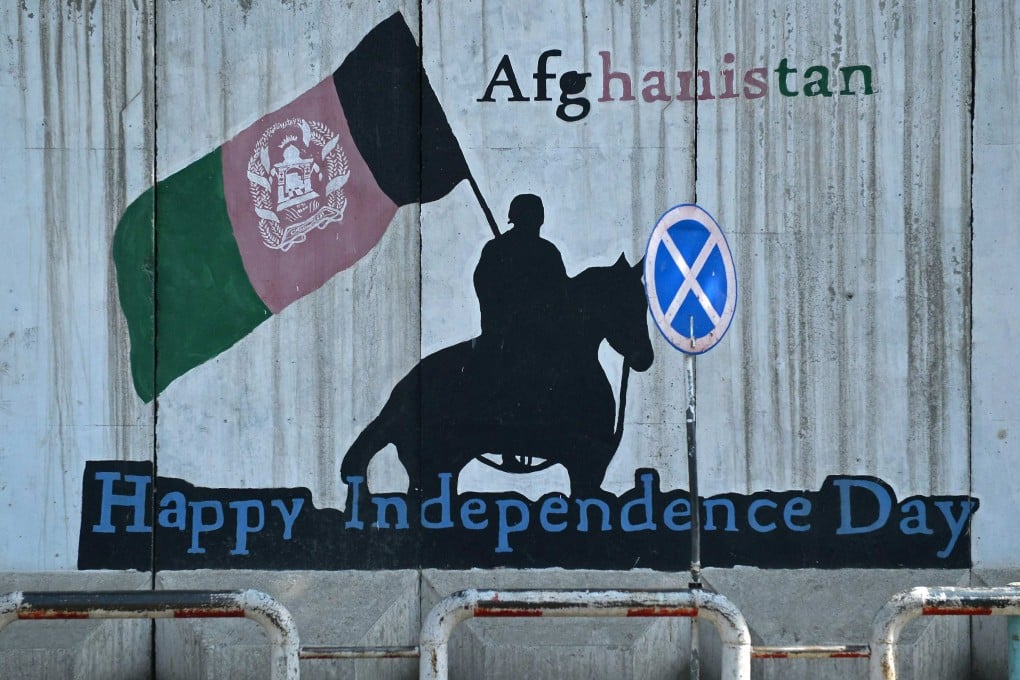Advertisement
Analysis | From China to Iran and Pakistan, who can the Taliban count on as they govern Afghanistan?
- The new Afghan government, set to be announced soon, has to avert an impending economic collapse and humanitarian crisis
- But with US and UN sanctions still in place, Taliban leaders, who are ill-prepared to govern, are expected to count heavily on Afghanistan’s neighbours for help
Reading Time:5 minutes
Why you can trust SCMP
3

Having defied enemies and allies alike by forcibly seizing power, the Taliban must persuade them to keep the government it is forming afloat to avert the impending collapse of Afghanistan’s economy as well as a large-scale humanitarian crisis.
Paradoxically, the survival of its hardline Islamist administration and the Afghan state alike will be determined by the group’s capacity for compromise with the United States-led Nato alliance it fought for two decades. Washington and its allies may have lost the war, but they hold the keys to the global financial system – and they are already leveraging it.
Because the Taliban is an organisation still under United Nations and US sanctions, Afghanistan’s foreign-exchange reserves of about US$7 billion in the Federal Reserve Bank of New York were seized after the fall of Kabul on August 16. A further US$3 billion of Afghan central bank deposits held by the Bank of International Settlements in Switzerland and in other international accounts have also been frozen.
The Washington-based International Monetary Fund and World Bank have since suspended their financial assistance programmes to Afghanistan, rendering the Taliban government destitute before it even assumed office.
Advertisement
On top of this, as Afghanistan is landlocked, its new government can only keep the country supplied with fuel, food, and other essential imports if Pakistan and Iran allow trade to flow unhindered from their ports.
Like the West, they and Afghanistan’s Russia-protected Central Asian neighbours – Tajikistan, Turkmenistan, and Uzbekistan – have leveraged their respective positions by deferring decisions on the reopening of border road crossings closed to trade and Afghan refugees alike since the Taliban took control.
Advertisement
China also shares a border with Afghanistan, but the two countries are not connected by road.
Advertisement
Select Voice
Select Speed
1.00x